‘March of the Mummies’: can people afford to have children?
Thousands of UK parents are calling on the government to cut childcare costs
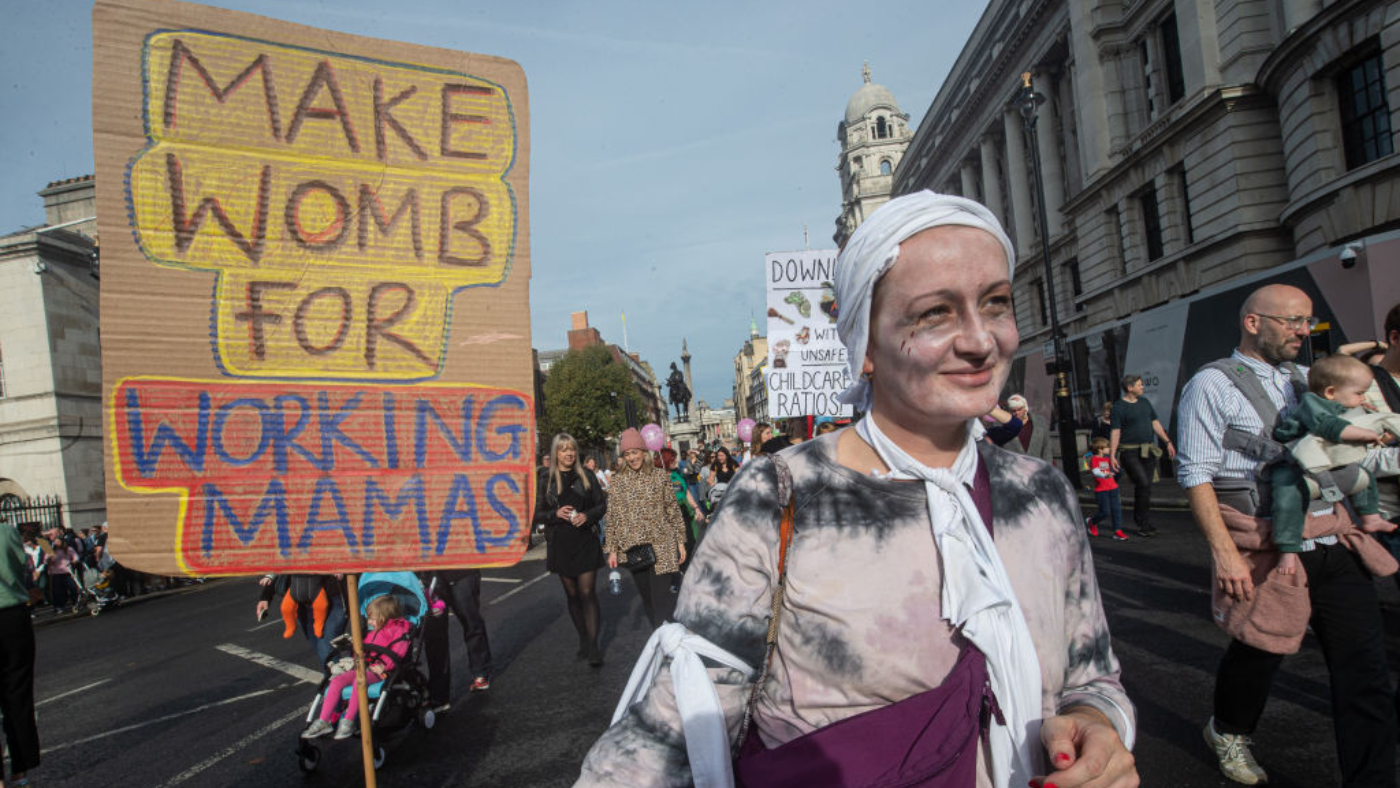
A free daily email with the biggest news stories of the day – and the best features from TheWeek.com
You are now subscribed
Your newsletter sign-up was successful
Thousands of mothers sporting spooky costumes descended on central London this weekend to demonstrate against the cost of childcare, which has forced some to leave the workforce.
Families “donned bandages, vampire costumes and witches’ hats” as they took part in the “passionate rally” in Westminster on Saturday, said the Daily Mail. Similar marches took place in other cities across the UK.
Labour MP for Walthamstow Stella Creasy joined the “March of the Mummies”, which was organised by the charity Pregnant Then Screwed. Writing in The Guardian, she called for Rishi Sunak to “take note” of the campaign and “invest in childcare” if he’s “serious about fixing the British economy”.
The Week
Escape your echo chamber. Get the facts behind the news, plus analysis from multiple perspectives.

Sign up for The Week's Free Newsletters
From our morning news briefing to a weekly Good News Newsletter, get the best of The Week delivered directly to your inbox.
From our morning news briefing to a weekly Good News Newsletter, get the best of The Week delivered directly to your inbox.
Cost calculations
Data indicates that for many women, deciding whether to return to work after having a baby – or even whether to have a child at all – has become a question of cost calculations.
Research published by Pregnant Then Screwed in July found that of 1,630 women who had had an abortion in the last five years, 60.5% said that the cost of childcare had influenced their decision. The charity also found that 62% of 28,000 mothers surveyed said that childcare costs were among the reasons that they had decided not to have any more children.
Compared to other countries, the UK’s childcare costs are among the highest. According to data gathered by the Organisation for Economic Co-operation and Development, the net costs in the UK amount to around 29% of the average wage, compared to Germany’s 1% and France’s 14%.
“We’re a global joke, and mothers are the punchline,” said Joeli Brearley, the charity’s founder, writing in The Independent.
A free daily email with the biggest news stories of the day – and the best features from TheWeek.com
As a result, women in the UK “are leaving the workforce in their droves – meaning their taxes and their talent both go untapped”, said Creasy. “The system fails fathers too,” she continued; parental leave “may as well be called ‘parental lump it’ because so few can actually afford to take it”.
Starting from scratch
“The system is rigged against women,” said Holly Mead in The Times. “There should be no situation where going to work leaves you out of pocket.”
“Nurseries closing, lack of staff and the nonsensical child benefit system” are among the “many” problems, said Mead. Data published by Ofsted in June found that in the year to March, around 4,000 childcare providers had stopped offering their services – the biggest drop since 2015-16.
“The obvious solution is to provide a level of free childcare from whatever time a woman chooses to go back to work,” said Mead. The system “needs ripping up entirely and restarting from scratch”.
“Women’s economic empowerment hinges on a system that works for us,” said Brearley, and the country’s economy “won’t thrive if we don’t end the motherhood penalty that is keeping women stuck in a nightmare”, said Creasy.
Sunak’s “track record does not bode well”, the MP continued. The former chancellor was accused of sexism last year after telling MPs that “mums everywhere” were “owed a debt of thanks for ‘juggling childcare and work’ during lockdown”, said The New European.
Pregnant Then Screwed had taken the then chancellor to court several months earlier for allegedly discriminating against women through the Self-Employment Income Support Scheme, which didn’t account for periods of maternity leave when calculating an individual’s average earnings.
“While mothers may be surviving on a diet of Pom-Bears and strong coffee, we also have a voice and a vote, and we’re not afraid to use either,” said Creasy.
Julia O'Driscoll is the engagement editor. She covers UK and world news, as well as writing lifestyle and travel features. She regularly appears on “The Week Unwrapped” podcast, and hosted The Week's short-form documentary podcast, “The Overview”. Julia was previously the content and social media editor at sustainability consultancy Eco-Age, where she interviewed prominent voices in sustainable fashion and climate movements. She has a master's in liberal arts from Bristol University, and spent a year studying at Charles University in Prague.
-
 Key Bangladesh election returns old guard to power
Key Bangladesh election returns old guard to powerSpeed Read The Bangladesh Nationalist Party claimed a decisive victory
-
 Judge blocks Hegseth from punishing Kelly over video
Judge blocks Hegseth from punishing Kelly over videoSpeed Read Defense Secretary Pete Hegseth pushed for the senator to be demoted over a video in which he reminds military officials they should refuse illegal orders
-
 Trump’s EPA kills legal basis for federal climate policy
Trump’s EPA kills legal basis for federal climate policySpeed Read The government’s authority to regulate several planet-warming pollutants has been repealed
-
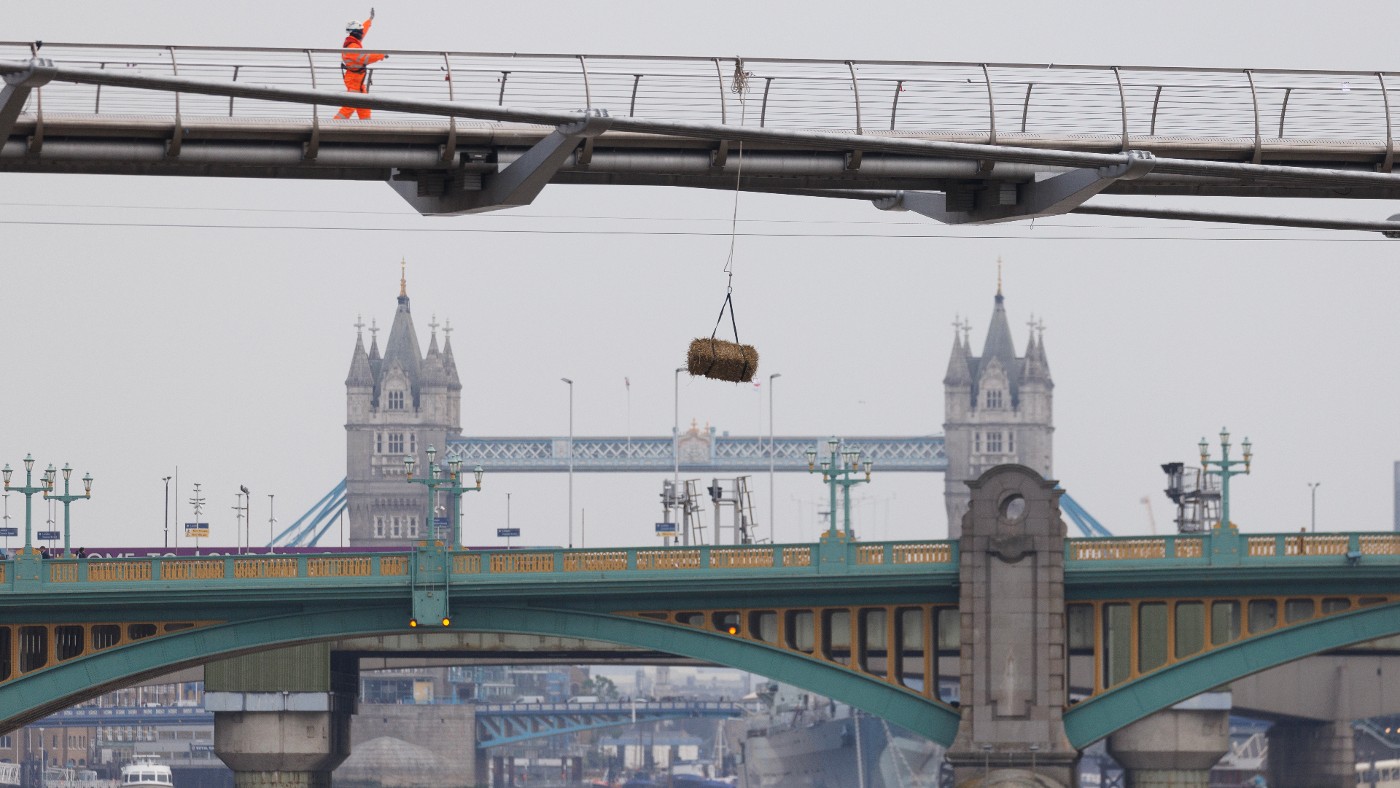 Why a bale of straw is hanging from a London bridge
Why a bale of straw is hanging from a London bridgeTall Tales And other stories from the stranger side of life
-
 Bully XL dogs: should they be banned?
Bully XL dogs: should they be banned?Talking Point Goverment under pressure to prohibit breed blamed for series of fatal attacks
-
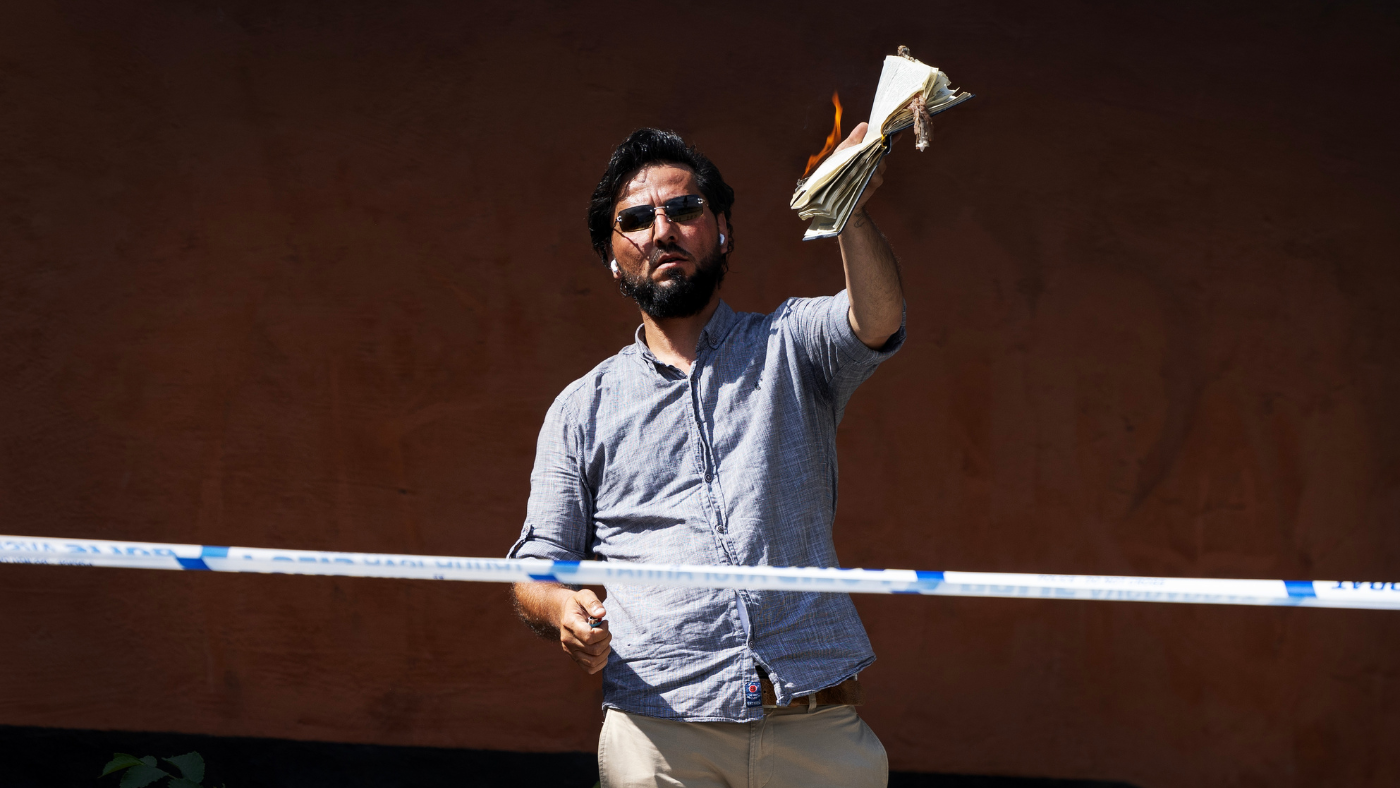 Koran burning in Scandinavia: freedom of expression’s ultimate test?
Koran burning in Scandinavia: freedom of expression’s ultimate test?Talking Point Anti-Islam demonstrations have sparked condemnation and raised constitutional challenges for Sweden and Denmark
-
 ‘Islas Malvinas’ and the new battle over the Falklands
‘Islas Malvinas’ and the new battle over the FalklandsTalking Point Argentina scores ‘major diplomatic win’ as EU refers to British territory by its disputed name
-
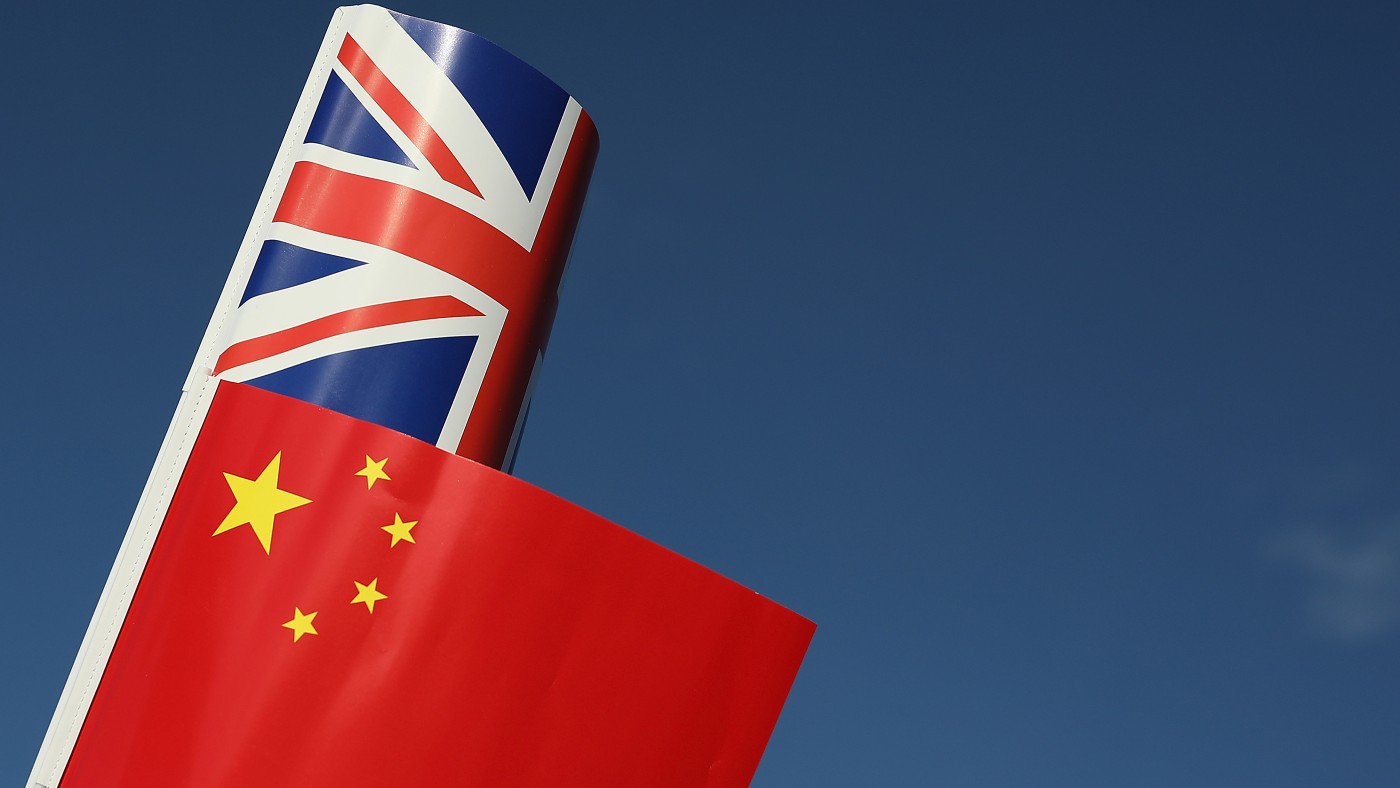 China’s ‘breathtaking’ infiltration of UK economy: an existential threat?
China’s ‘breathtaking’ infiltration of UK economy: an existential threat?Talking Point New report suggests Beijing is exerting political and economic influence on Westminster
-
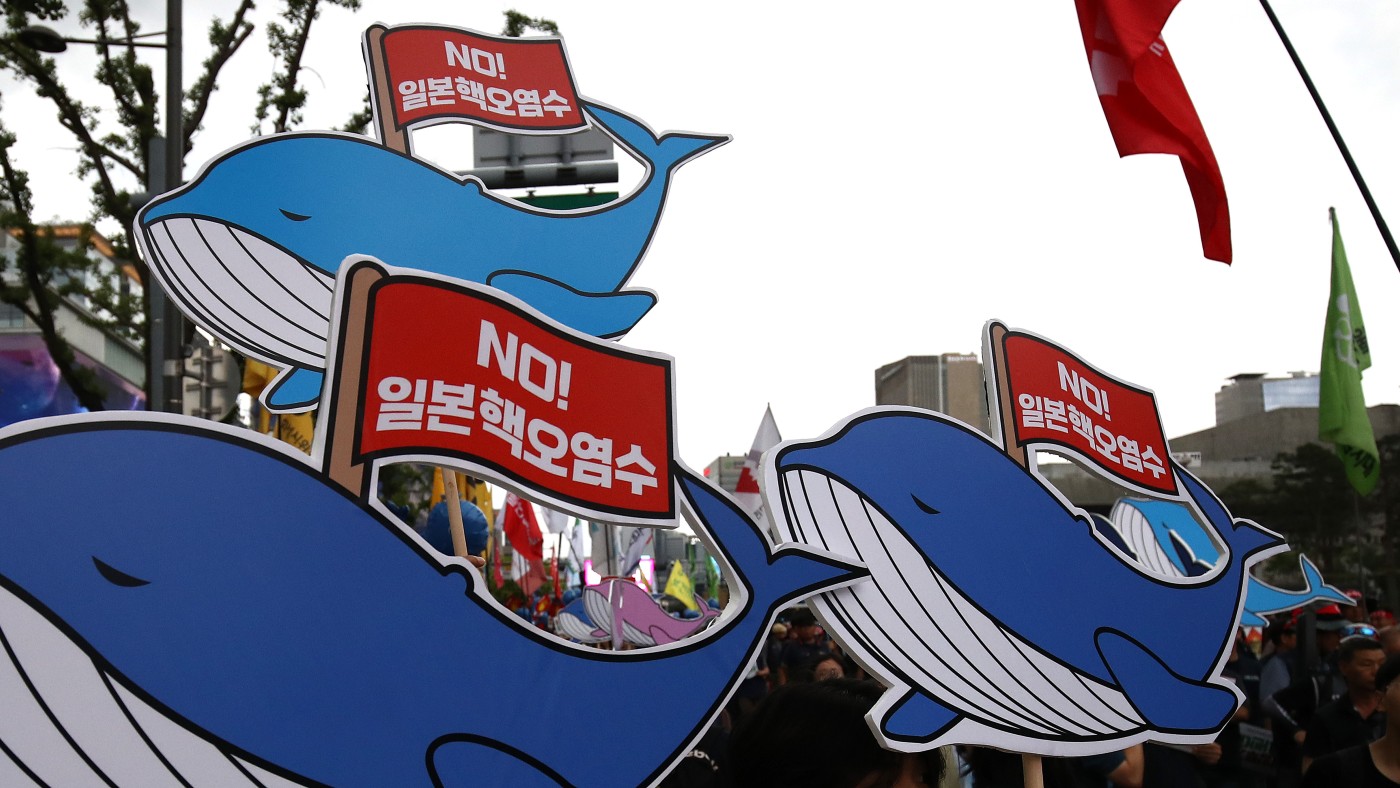 The Fukushima solution causing consternation in China
The Fukushima solution causing consternation in ChinaTalking Point Tokyo insists the water is no different to that regularly released by nuclear plants elsewhere
-
 AfD local election win: watershed moment for far-right in Germany?
AfD local election win: watershed moment for far-right in Germany?Talking Point Discontent over immigration and Berlin’s green policies appears to have fuelled support for populist party
-
 Why are British five-year-olds 7cm shorter than western peers?
Why are British five-year-olds 7cm shorter than western peers?feature And other stories from the stranger side of life